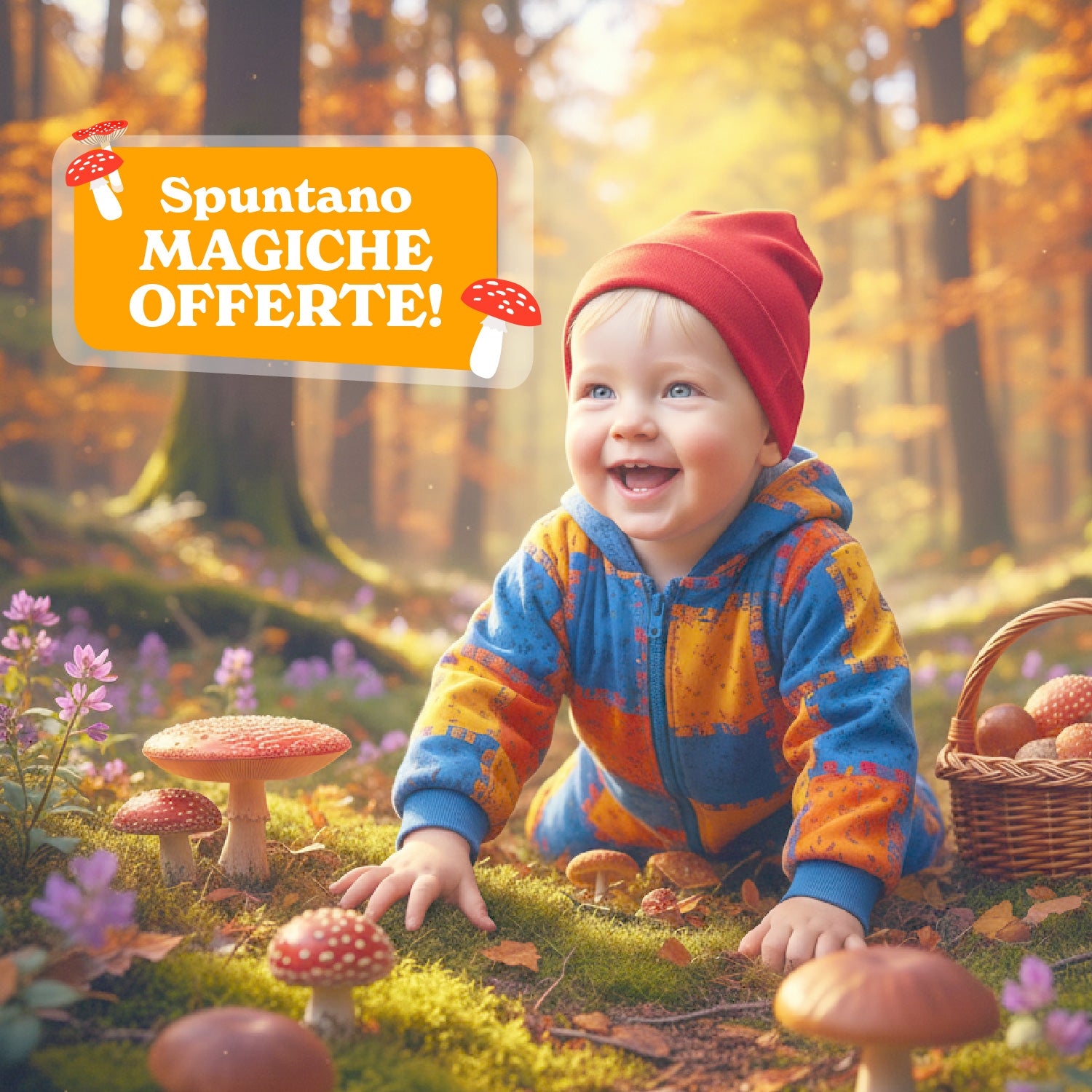
It is always interesting when science notices some practices considered universally valid and decides to investigate them with specific studies and research. It also happened recently, with the custom of cradling babies: a group of Swiss scientists wanted to examine it to establish whether there is scientific evidence that rocking in the arms of mum or dad has a real beneficial effect on the baby, so as to calm him and make him fall asleep faster. The study, published in the journal Current Biology , took place in a sleep laboratory where a group of volunteers was housed for two nights: the first, they slept on tilting beds; the second, on firm beds. In the first case, the testers fell asleep earlier and the deep sleep phase, the most regenerating one, was longer; moreover, subjected to a memory test the following morning, they scored higher after being cradled in the folding bed. The enhancement of memory is in fact consistent with the greater duration of deep sleep, which is precisely the phase in which memories are fixed. Although the study was carried out on a group of adults, it was immediately clear to the researchers that even children - children above all - need to be cradled to ensure quality sleep, which is essential, among other things, for correct development cognitive. And if it is the practice for breastfed babies to fall asleep in their mother's arms - with her warmth, the smell, the sound of her heart as instruments of comfort and viaticum for a long and serene sleep - even when they grow up (compatibly with the weight that increases) this practice continues to have only positive implications. And the aforementioned study confirms it. According to this school of thought, therefore, parents should not be afraid of spoiling their children: on the contrary, holding them in their arms and cradling them are healthy habits, capable of reassuring them, of soothing any discomfort, of promoting sleep and prolonging it, of enhancing memory and consolidate memories.
Categorie del blog
Volantino Iperbimbo


